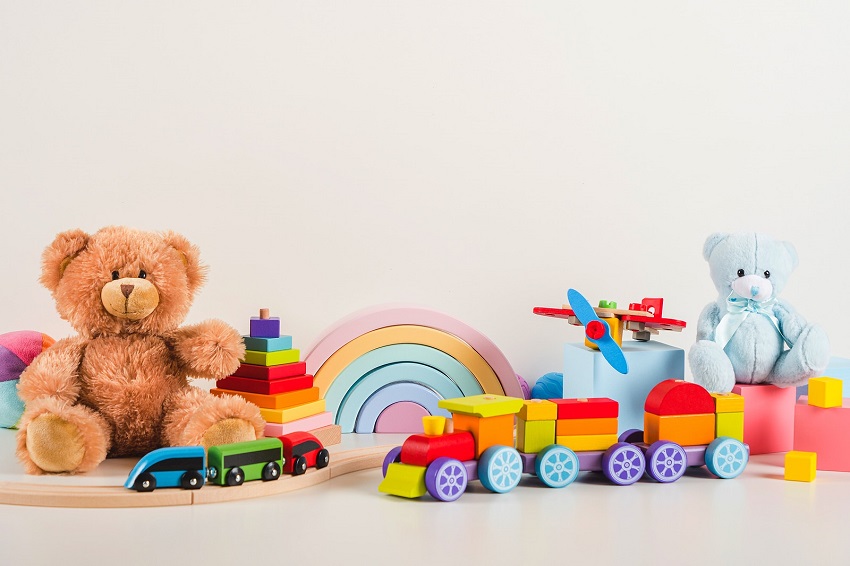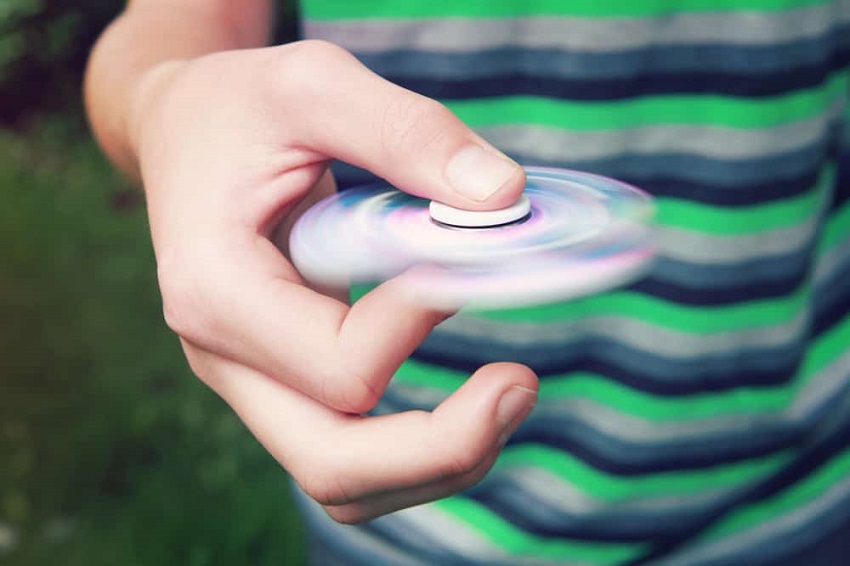When it comes to parenting, it’s natural for us to wonder about our children’s behavior and development. One common question that often arises is whether it’s normal for toddlers to spin things. As a concerned parent, you want to understand if this behavior is typical or if it indicates a potential issue. In this article, we’ll explore the topic of toddlers spinning things, delve into the reasons behind this behavior, and provide insights to help you navigate this phase of your child’s development.
The Curious World of Toddler Behavior
Toddlers are inquisitive beings, constantly exploring their surroundings and trying to make sense of the world. It’s important to remember that every child is unique and may exhibit different behaviors during their early years. Spinning objects is one such behavior that some toddlers engage in, and while it might seem unusual to adults, it’s often a normal part of their development. You may also be interested in toddler spinning in circles.
Understanding the Reasons Behind Spinning
1. Sensory Exploration
Spinning objects can be a fascinating sensory experience for toddlers. They are attracted to the visual effect created by spinning toys or other items. The spinning motion captures their attention, allowing them to observe patterns and movements, which stimulates their developing senses.
2. Cognitive Development
Spinning things can also contribute to a toddler’s cognitive development. As they observe objects spinning, they begin to understand cause and effect relationships. They learn that their actions can initiate motion and bring about changes in their environment. This exploration helps them develop their problem-solving skills and enhances their understanding of the physical world.
3. Motor Skills Enhancement
Spinning objects often involve fine motor skills, such as grasping and manipulating toys. Toddlers engage in this behavior as they refine their hand-eye coordination and dexterity. It’s a way for them to practice and improve their motor skills, preparing them for more complex activities in the future.
Differentiating Normal Behavior from Red Flags
While spinning objects is generally a normal behavior, it’s essential to be aware of potential red flags that may warrant further evaluation. Here are a few factors to consider:
1. Obsessive and Repetitive Behavior
If your toddler’s spinning behavior becomes excessively repetitive, to the point where it interferes with their daily activities, it might be worth discussing with a healthcare professional. They can assess whether it falls within typical boundaries or if it requires closer attention.
2. Lack of Social Interaction
Pay attention to your toddler’s overall social development. If spinning objects becomes their sole focus and they show little interest in engaging with others or participating in different activities, it could be a sign of a social or developmental issue. Consulting with a pediatrician or child psychologist can provide valuable insights.
3. Regression or Loss of Skills
If your child previously exhibited age-appropriate skills but suddenly regresses or loses previously acquired abilities, it’s advisable to seek professional guidance. Regression can be an indicator of underlying developmental concerns that require further assessment.
Nurturing Your Toddler’s Development
As a parent, you play a crucial role in fostering your child’s healthy development. Here are some tips to support your toddler’s overall growth:
1. Provide a Variety of Stimulating Toys
Offer a range of age-appropriate toys that promote sensory exploration, problem-solving, and creativity. Toys with spinning components can be a valuable addition to your toddler’s playtime repertoire.
2. Encourage Social Interactions
Engage your toddler in activities that promote social interactions with peers and family members. This helps develop their communication skills and encourages them to explore beyond solitary behaviors.
3. Maintain a Structured Routine
Establishing a consistent daily routine provides a sense of security for toddlers. It helps them understand expectations, reduces anxiety, and supports their overall development. Incorporate regular playtime, mealtimes, and rest periods into their schedule.
4. Seek Professional Advice When Necessary
If you have concerns about your toddler’s development or behavior, it’s always wise to consult with healthcare professionals or early childhood specialists. They can provide guidance, reassurance, and appropriate interventions, if needed.
Conclusion
Spinning objects is a behavior that many toddlers engage in as part of their exploration and development. It offers them sensory stimulation, aids cognitive growth, and enhances motor skills. While it’s typically a normal aspect of their early years, it’s important to be mindful of any excessive or concerning patterns. Remember, every child is unique, and if you have any doubts or worries, seeking professional advice will provide the support you need on your parenting journey. Embrace this curious phase of your child’s life and create an environment that nurtures their growth and curiosity.





